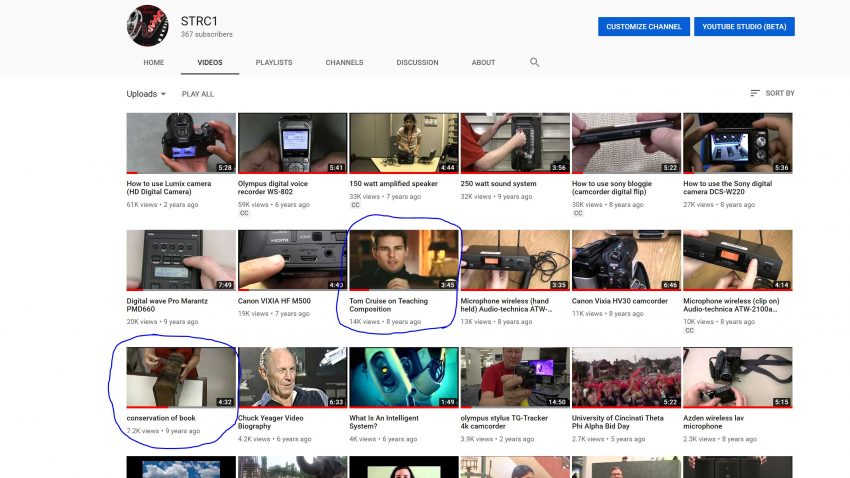Your UCBA Library’s Book of the Month for September:
Money: 5000 Years of Debt and Power
by Michel Aglietta
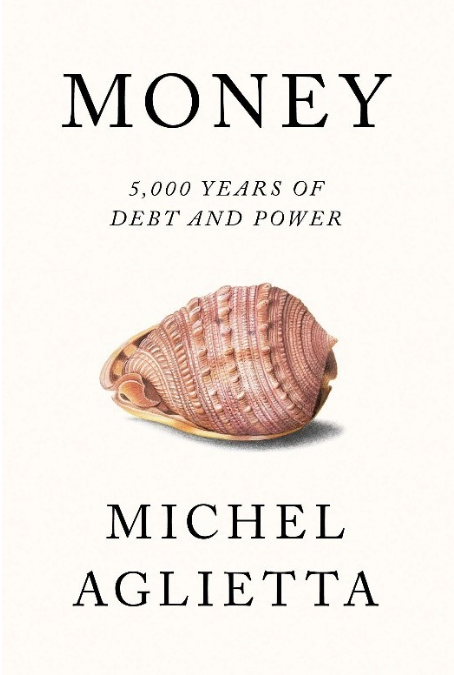
As the financial crisis reached its climax in September 2008, the most important figure on the planet was Federal Reserve chairman Ben Bernanke. The whole financial system was collapsing, with little to stop it. When a senator asked Bernanke what would happen if the central bank did not carry out its rescue package, he replied, “If we don’t do this, we may not have an economy on Monday.”
What saved finance, and the Western economy, was fiscal and monetary stimulus – an influx of money, created ad hoc. It was a strategy that raised questions about the unexamined nature of money itself, an object suddenly revealed as something other than a neutral signifier of value. Through its grip on finance and the debt system, money confers sovereign power on the economy. If confidence in money is not maintained, crises follow. Looking over the last 5,000 years, Michel Aglietta explores the development of money and its close connection to sovereign power. This book employs the tools of anthropology, history and political economy in order to analyse how political structures and monetary systems have transformed one another. We can thus grasp the different eras of monetary regulation and the crises capitalism has endured throughout its history.
Is it checked out? Don’t worry, we’ve got you covered:
The Ascent of Money: a Financial History of the World (DVD)
HG171 .A83 2009
Bestselling author, economist and historian Niall Ferguson takes a look at how money evolved, from the concept of credit and debt in the Renaissance to the emergence of a global economy and the subprime crisis we face today
A History of Money (E-Book)
A History of Money looks at how money as we know it developed through time. Starting with the barter system, the basic function of exchanging goods evolved into a monetary system based on coins made up of precious metals and, from the 1500s onwards, financial systems were established through which money became intertwined with commerce and trade, to settle by the mid-1800s into a stable system based upon Gold. This book presents its closing argument that, since the collapse of the Gold Standard, the global monetary system has undergone constant crisis and evolution continuing into the present day.
Digital Gold: Bitcoin and the Inside Story of the Misfits and Millionaires Trying to Reinvent Money
HG1710 .P68/ 2015
The notion of a new currency, maintained by the computers of users around the world, has been the butt of many jokes, but that has not stopped it from growing into a technology worth billions of dollars, supported by the hordes of followers who have come to view it as the most important new idea since the creation of the Internet. Believers from Beijing to Buenos Aires see the potential for a financial system free from banks and governments. More than just a tech industry fad, Bitcoin has threatened to decentralize some of society’s most basic institutions. An unusual tale of group invention, Digital Gold charts the rise of the Bitcoin technology through the eyes of the movement’s colorful central characters, including a British anarchist, an Argentinian millionaire, a Chinese entrepreneur, Tyler and Cameron Winklevoss, and Bitcoin’s elusive creator, Satoshi Nakamoto. Already, Bitcoin has led to untold riches for some, and prison terms for others.
by Christian Boyles
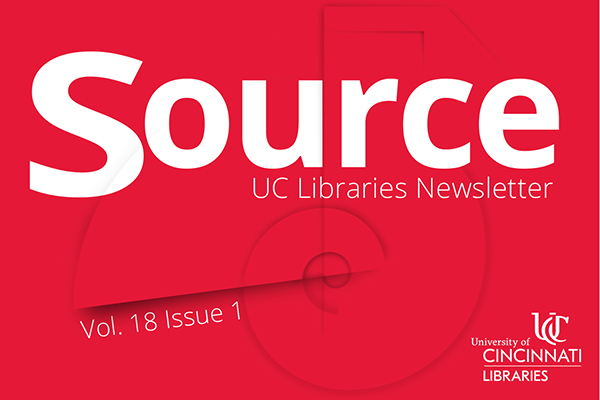 Read Source, the online newsletter, to learn more about the news, events, people and happenings in UC Libraries.
Read Source, the online newsletter, to learn more about the news, events, people and happenings in UC Libraries.
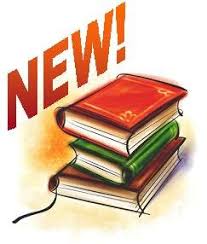
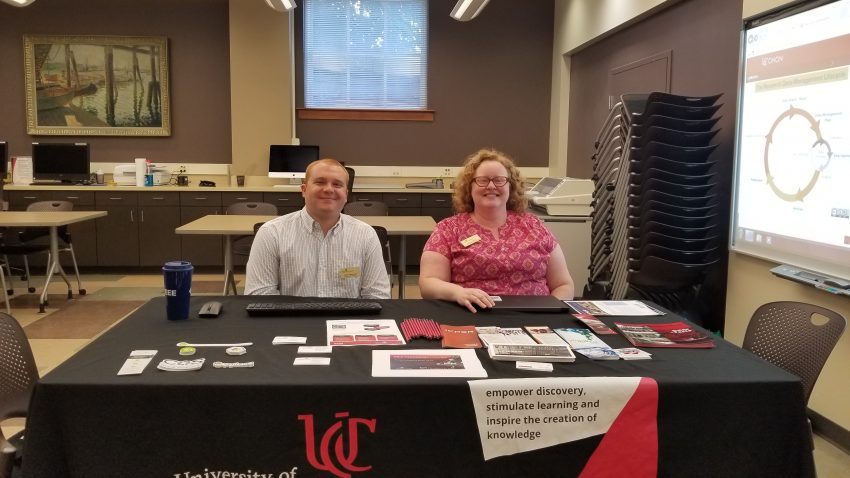
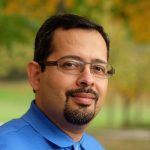
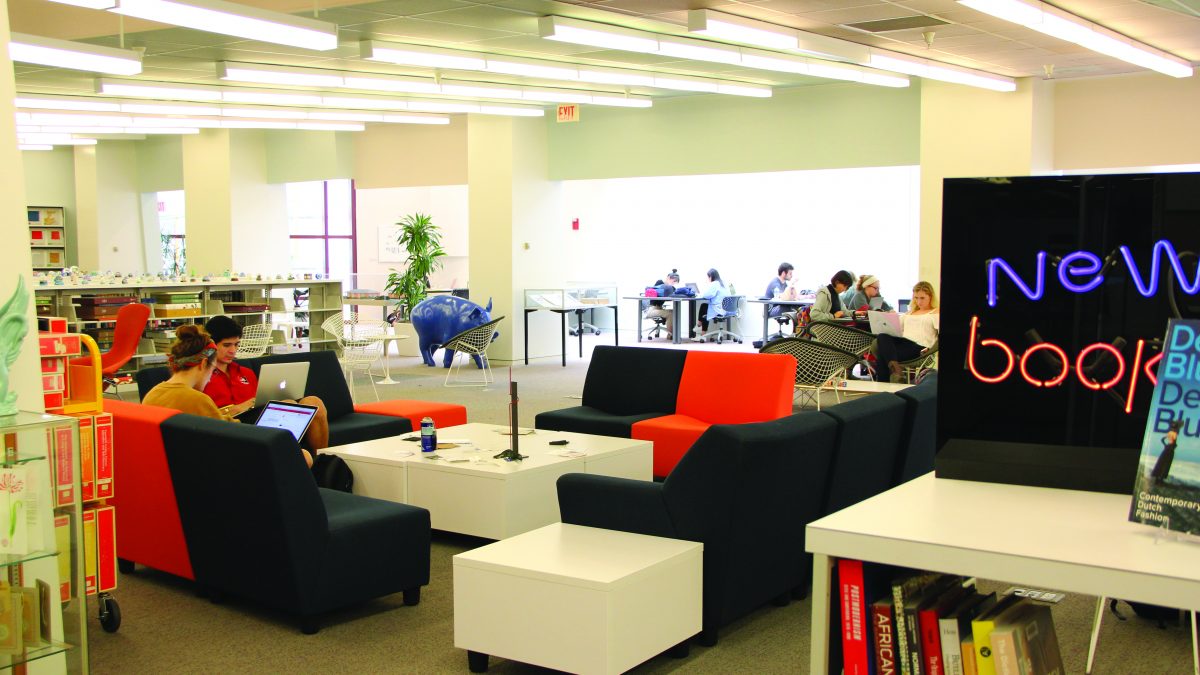
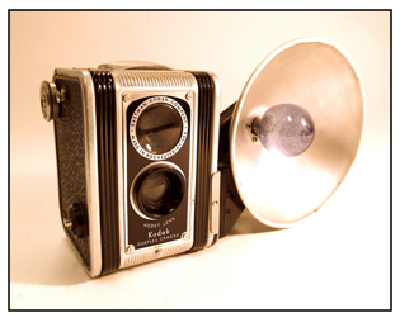

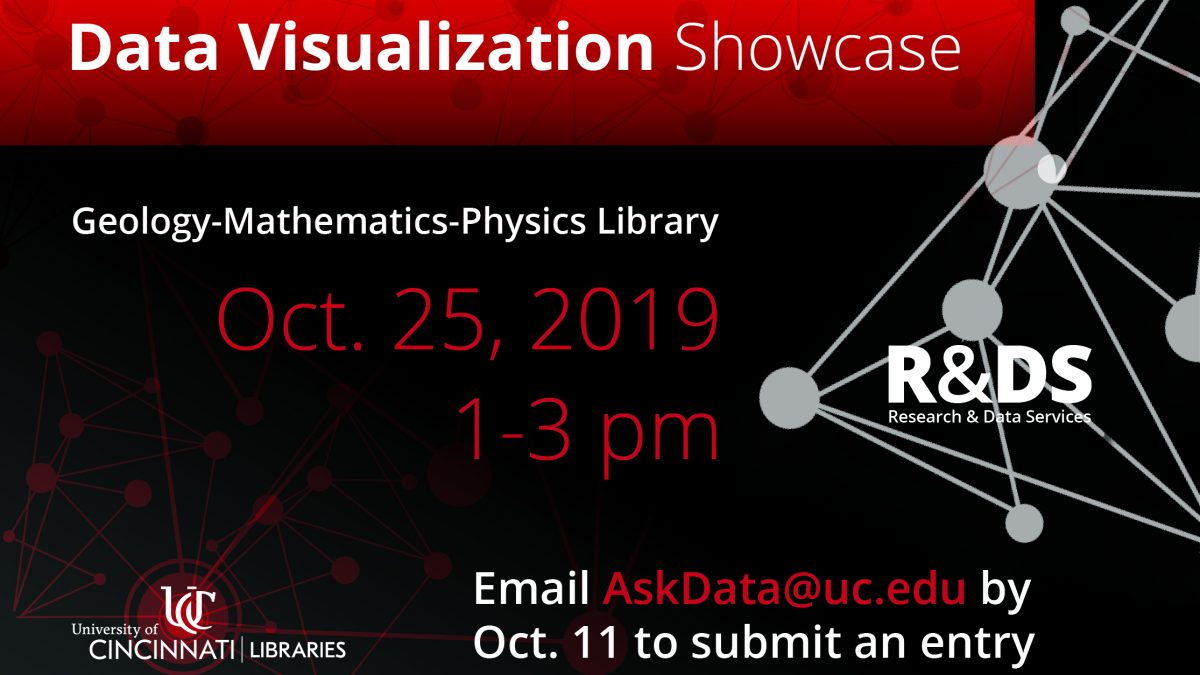 PLEASE NOTE: THIS EVENT HAS BEEN CANCELLED.
PLEASE NOTE: THIS EVENT HAS BEEN CANCELLED.